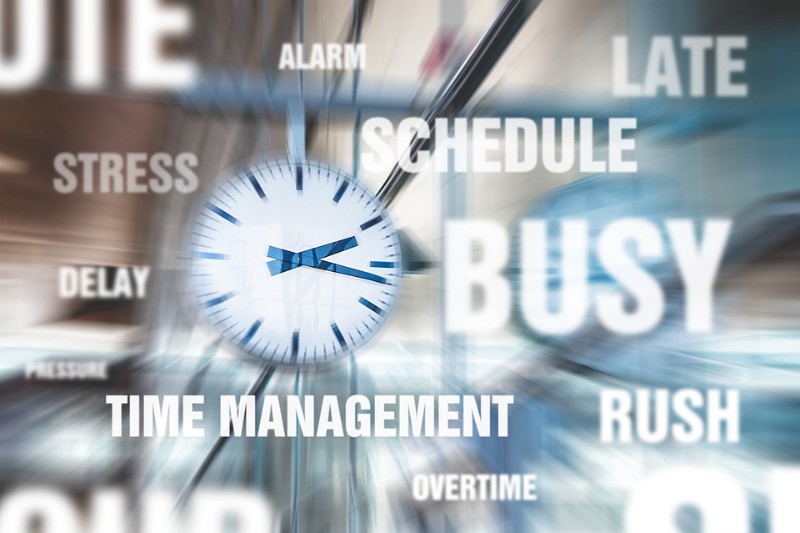
“Stress” is everywhere: work, family, relationships, friends, kids, money, traffic, builders, queues, our busy schedules etc. We talk about it all the time and almost always in negative terms.
This is not surprising as the long-term negative consequences of stress are well documented:
increased risk of just about every major illness and disease
increased likelihood of developing unhealthy habits: e.g. smoking, drinking, poor eating habits, other substance abuse
increased risk of mental health issues: e.g. depression and anxiety
It is useful to understand “stress” a bit more. Few people know that stress can be divided into two categories: “eustress” and “distress”. Eustress is a positive: it's excitement, motivation and challenge - things that we all need and enjoy. We all need some of this to perform at our best. Have you ever felt that you do your best work when you are really up against it? Perhaps subconsciously we put ourselves in that place - under pressure - to get the best out of ourselves?
This theory says that it's only when the levels of eustress become too much to cope with that tension builds, enjoyment is lost that this tips over and becomes distress - a negative - the kind most of us usually identify with.
When it comes to your health and well-being we can divide stress into two more types: acute and chronic. Acute stressors are short lived responses to specific events. You will notice this from a rush of adrenaline after an accident, for example. The response to acute stress is actually helpful - it gets us ready to deal with the situation we face. This is a survival instinct we have retained for times of emergency and the response poses no threat to our health itself - though the cause of the stress might!
Chronic stress refers to ongoing stressful events, or events which repeat regularly. This is the type of stress can be immensely damaging to our health.
One of the reasons for this is that chronic stress causes the levels of a hormone called cortisol to increase. Cortisol is linked to many of the health problems mentioned above, but also is involved in regulating our energy levels, our sleep, and can even change our body shapes - more cortisol can mean more fat storage around your middle!
Amazingly, modern lifestyles have actually left us with higher cortisol levels than our grandfathers fighting in trenches! Crazy.
In the next article we will talk about how to begin to manage our personal stress levels and balance performance with health.
Darren
